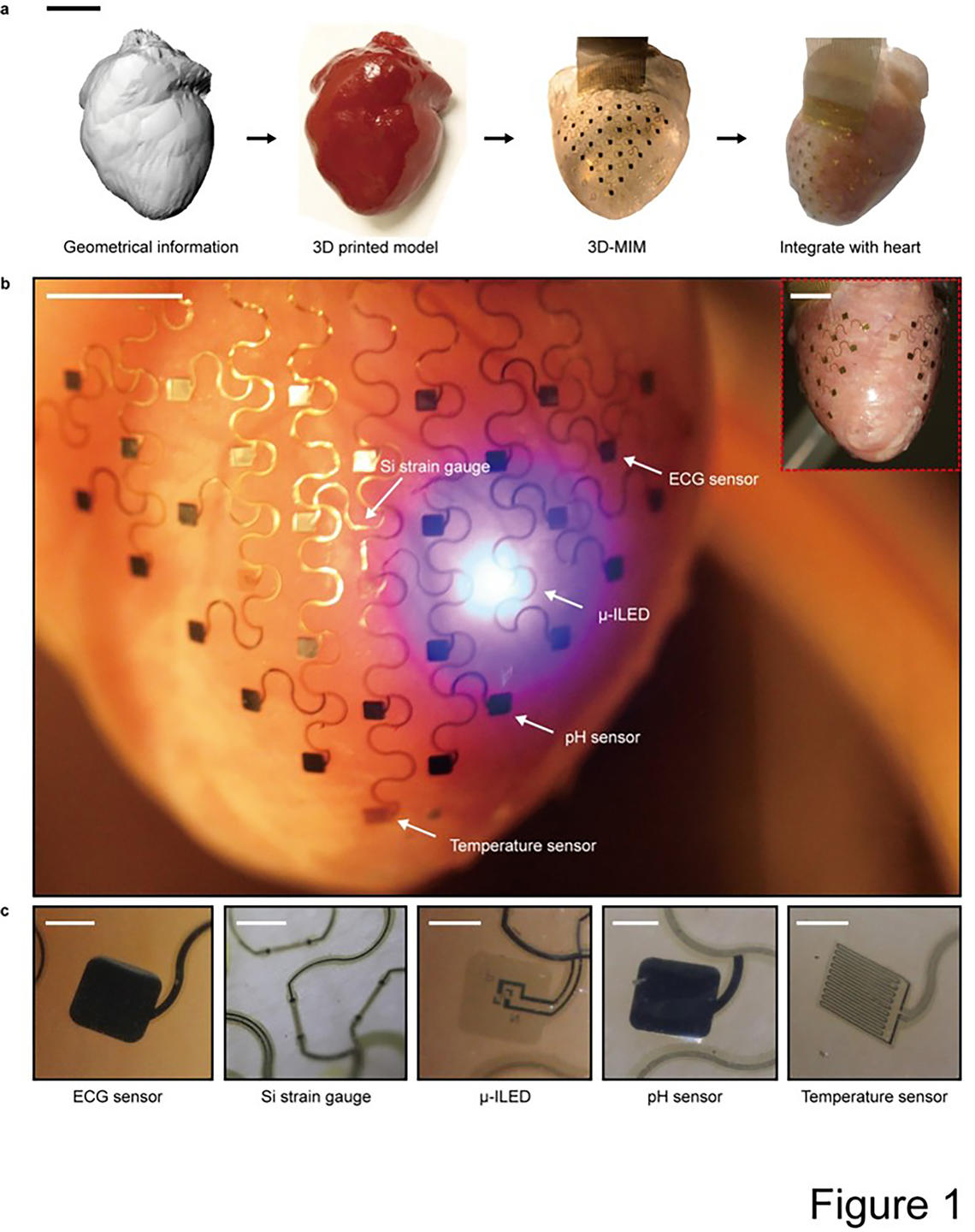March 29, 2018
Igor Efimov talks bioengineering for the heart, at Libin Institute's Cardiac Research Day

Igor Efimov, PhD, a biomedical engineer from George Washington University.
Igor Efimov
If you have ever wondered what makes the heart tick, you're in luck.
Igor Efimov, PhD, is a biomedical engineer whose career has revolved around trying to understand exactly how the heart's specialized cells signal the muscle to contract and what causes problems in this system. Efimov is bringing his expertise to Calgary, where he will speak at the Libin Cardiovascular Institute of Alberta's Tine Haworth Cardiovascular Research Day, April 16.
The winner of this year's E.R. Smith prize, awarded to a world-class researcher, Efimov's lab at George Washington University in Washington, D.C., focuses on finding future treatments for heart rhythm disorders. Efimov's career has been highly influenced by a longtime interest in sudden cardiac death caused by problems with the rate or rhythm of the heartbeat, also known as arrhythmias.
"I am interested in how the heart goes into a frenzy of activity and stops," he said, explaining sudden cardiac death is the number one killer globally, making it an important area of study.
Efimov, who holds a master's degree in physics and a doctorate in bioengineering, takes a practical approach to treating patients with these issues. His goal is to engineer devices that regulate the heartbeat.
Several years ago, he co-founded a company to develop a pain-free, implantable defibrillator to treat the most common form of arrhythmia, AF, which can not only cause life-altering symptoms such as weakness, heart palpitations, shortness of breath and fatigue, but can also increase the risk of stroke and heart failure in patients suffering from the problem.

Igor Efimov is working on an implantable device that can measure various conditions in the heart.
Currently, AF is often treated with ablation, an invasive method that involves scarring the heart to change the electrical pathways. Efimov's goal is to augment that treatment and to prevent AF from worsening.
A second company, which Efimov also co-founded, is working on an innovative flexible electronic device that conforms to, and contracts with, the heart to monitor things like electrical activity and pH levels. It would be used to treat patients by acting as a pacemaker, defibrillator and gene therapy delivery tool.
Efimov is a National Institutes of Health funded researcher and the Alisann & Terry Collins Professor and chair of the Department of Biomedical Engineering at George Washington University.
The annual Tine Haworth Cardiovascular Research Day focuses on the Libin Institute's trainees and includes a poster competition, rapid-fire and Transformative Original iDeas (TOD) talks, as well as presentations by Libin researchers and the Dr. E.R. Smith Lecturer.
All lectures are open to the public and will be held in the Libin Theatre, located in the Health Sciences Centre at the Cumming School of Medicine on April 16.
